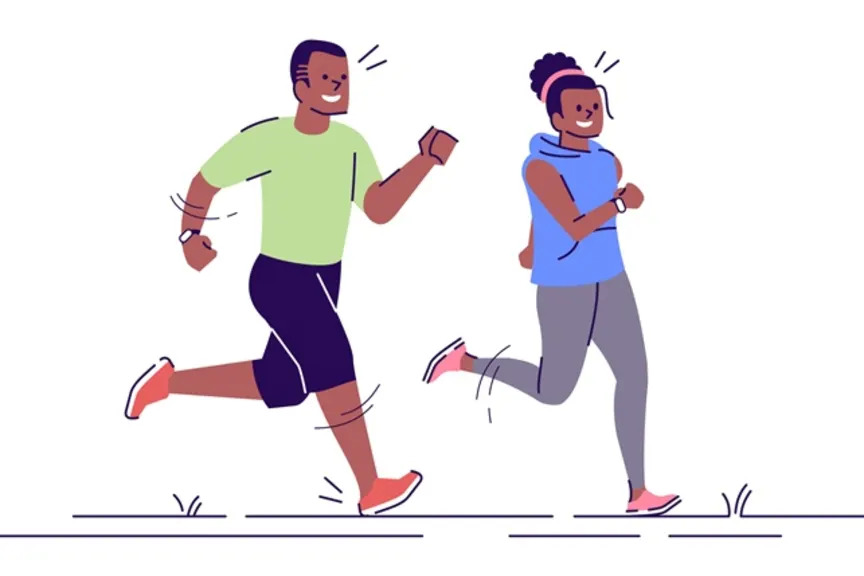The results of a comprehensive study conducted by Narelle Eather, Levi Wade, Aurélie Pankowiak, and Rochelle Eime shed light on the positive impact of sport on the physical and mental well-being, as well as social outcomes, of adults. With sport being a subset of physical activity, this study aimed to provide an updated systematic review of the mental health and social outcomes associated with community and elite-level sport participation among adults. As a result, a conceptual model known as ‘Mental Health through Sport’ has been developed to encapsulate the findings.
In order to gather relevant data, an extensive search was conducted, yielding a total of 8528 articles. However, only 29 articles that specifically focused on adults aged 18 to 84 were included for further analysis. Key information such as demographics, methodology, and study outcomes were extracted, and the results were presented based on the study design.
The evidence gathered from these studies indicates that engaging in sport, whether at the community or elite level, is strongly correlated with improved mental health outcomes. This includes enhanced psychological well-being, such as higher levels of self-esteem and life satisfaction, as well as reduced psychological distress, including lower levels of depression, anxiety, and stress. Furthermore, sport participation was found to foster positive social outcomes, such as improved self-control, pro-social behavior, interpersonal communication, and a greater sense of belonging.
The findings also revealed that adults involved in team sports generally experienced more favorable health outcomes compared to those engaged in individual sports. Additionally, adults who participated in sports more frequently tended to report the greatest benefits. However, it is worth noting that adults involved in elite-level sports may encounter higher levels of psychological distress. While qualitative studies demonstrated a low risk of bias, inconsistencies in methodological quality were observed in quantitative studies.
Overall, this review provides substantial evidence supporting the notion that sport, regardless of its form (team or individual), has significant benefits for the mental health and social outcomes of adults. Team sports, in particular, appear to offer additional advantages across adulthood. Nevertheless, further experimental and longitudinal research is necessary to establish the underlying mechanisms through which sport influences mental health and the factors that moderate intervention effects. Moreover, additional qualitative investigations are warranted to gain a deeper understanding of the relationship between specific elements of the sporting environment and the mental health and social outcomes of adult participants.
Read the full article here.
Photo Courtesy iStock
Courtesy BMC
